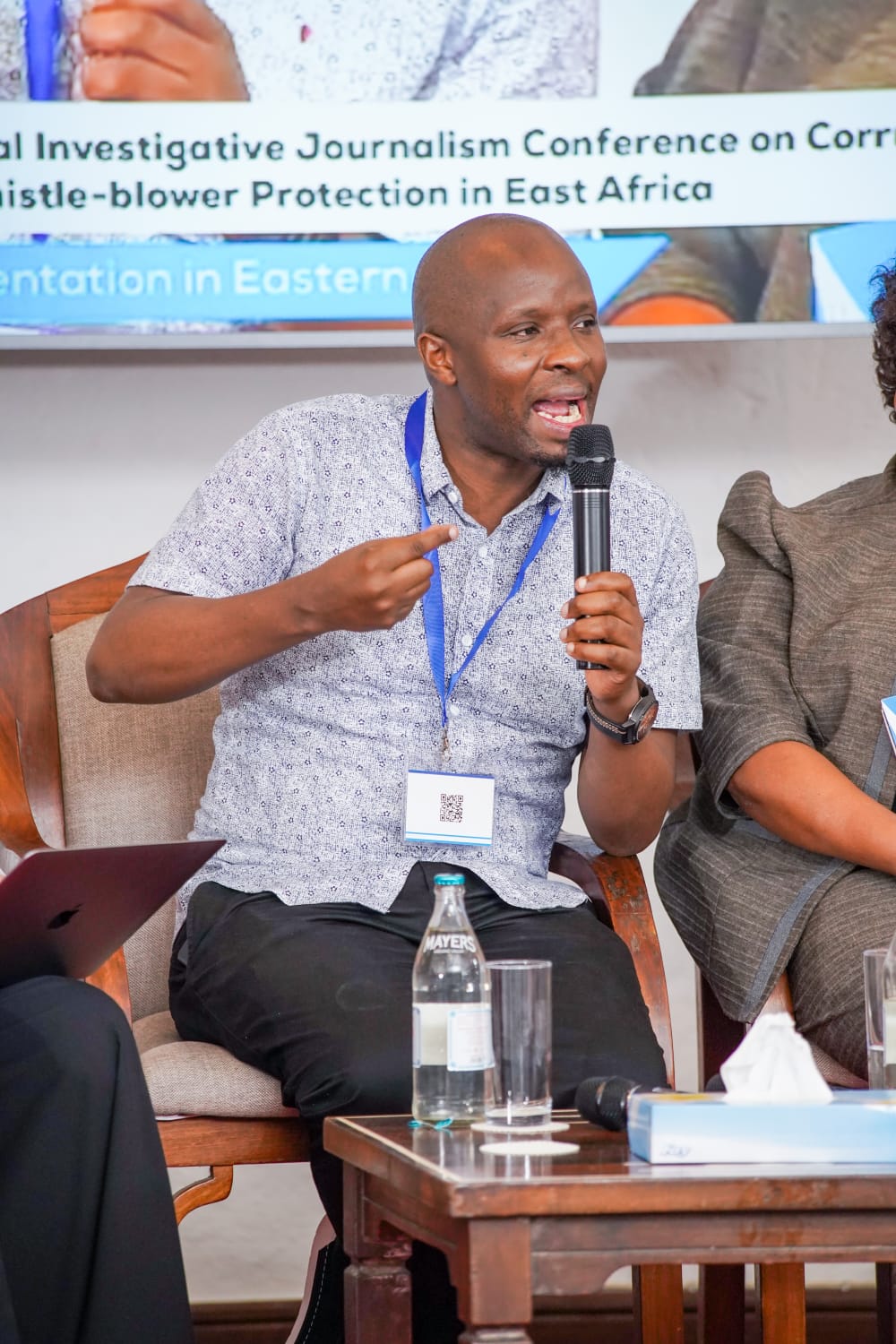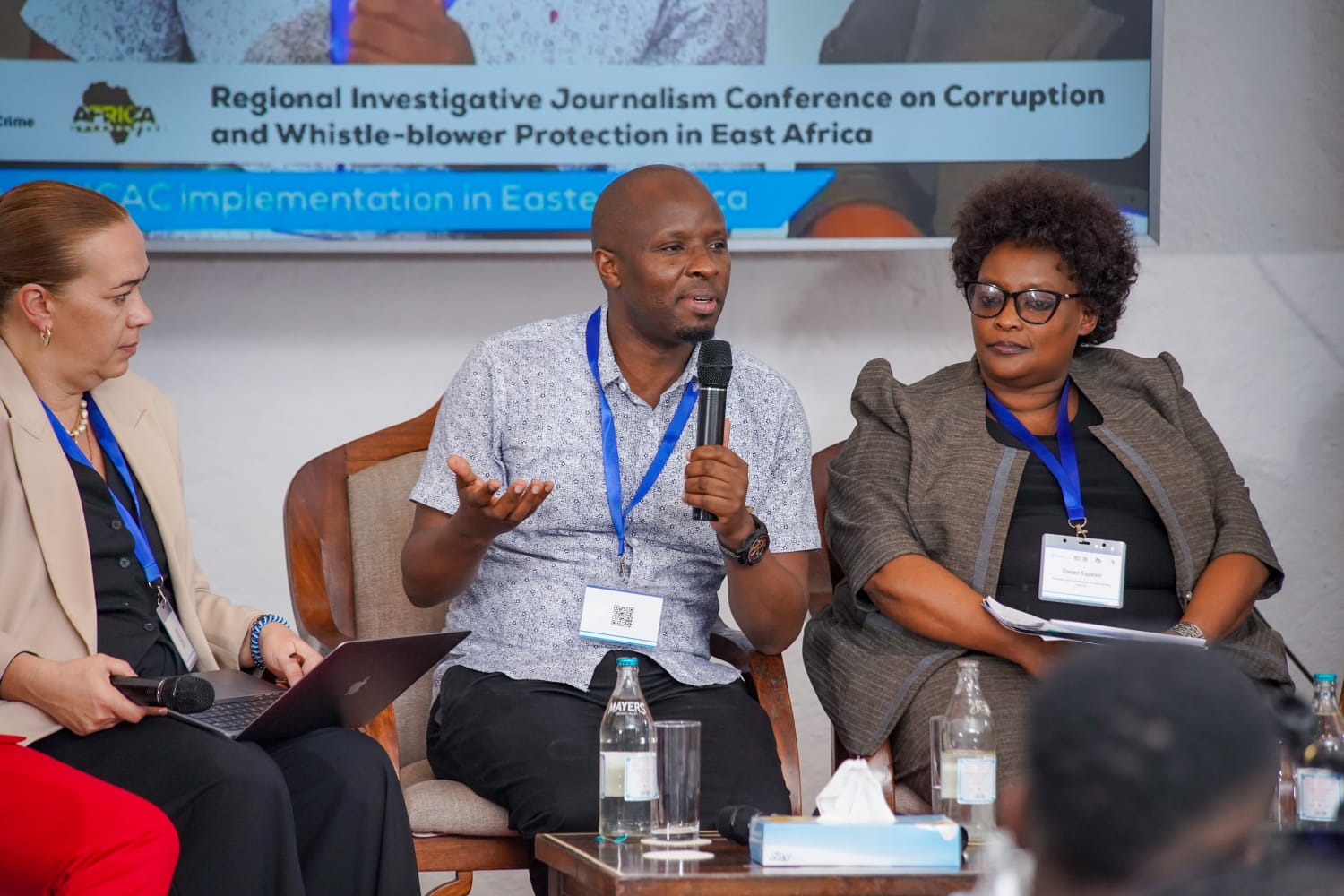
The Ethics and Anti-Corruption Commission (EACC) has called upon the National Assembly to consider prioritising and fast-tracking the enactment of the Whistleblowers Protection Bill.
This is to ensure the provision of the much-needed legal framework for the protection of whistleblowers to strengthen the fight against corruption, by encouraging more Kenyans with information to report and expose cases of theft of public funds to law enforcement agencies.
EACC Spokesperson Eric Ngumbi noted that whistleblowers in Kenya play an important role in the deterrence and prevention of corruption.
He added that the absence of substantive legislation for their protection remains a major impediment to the country's anti-corruption efforts.
"Effective whistleblowing will only exist if whistleblowers have reason to believe that they will be protected should they speak out," he said.
"Without information on acts of corruption, who is doing it, where, when and how it is happening, EACC and other law enforcement agencies cannot effectively discharge their mandates."
Ngumbi was addressing Journalists at the Regional Investigative Journalism Conference on Corruption and Whistleblower Protection in Eastern Africa, which is currently going on in Mombasa.
He said whistleblowers account for a big part of the sources of corruption reports that EACC investigates with most complex scandals handled so far having emanated from reports of whistleblowers.
However, Ngumbi said there are many Kenyans with information on theft of public funds who do not report it for fear of adverse consequences.
Kenya has yet to establish whistleblower protection mechanisms in accordance with established international standards, with the Whistleblower Protection Bill still pending in Parliament.
Separately, EACC lauded the Kenyan media for what it termed as a "vibrant and remarkable role" in the fight against corruption.

He stated that the Kenyan media plays a significant role in shaping Kenya’s anti-corruption agenda, public accountability and constitutionalism.
Ngumbi added that the media in Kenya is a key source of corruption reports.
Ngumbi said of all corruption reports investigated by EACC, approximately 25 per cent of them are from media sources and the work of journalists, including those who expose corruption through their stories or by giving confidential information to EACC.
The key aspects of the whistleblower protection bill include confidentiality, protection against retaliation, legal immunity, the establishment of a whistleblower protection agency and incentives.
The bill is part of Kenya's broader efforts to combat corruption and improve governance.
By empowering individuals to report unethical practices without fear of retaliation, the law seeks to encourage transparency and accountability in both government and private institutions.
However, the bill's passage and implementation have faced various challenges and criticisms, especially related to enforcement and the adequacy of protections for whistleblowers.










